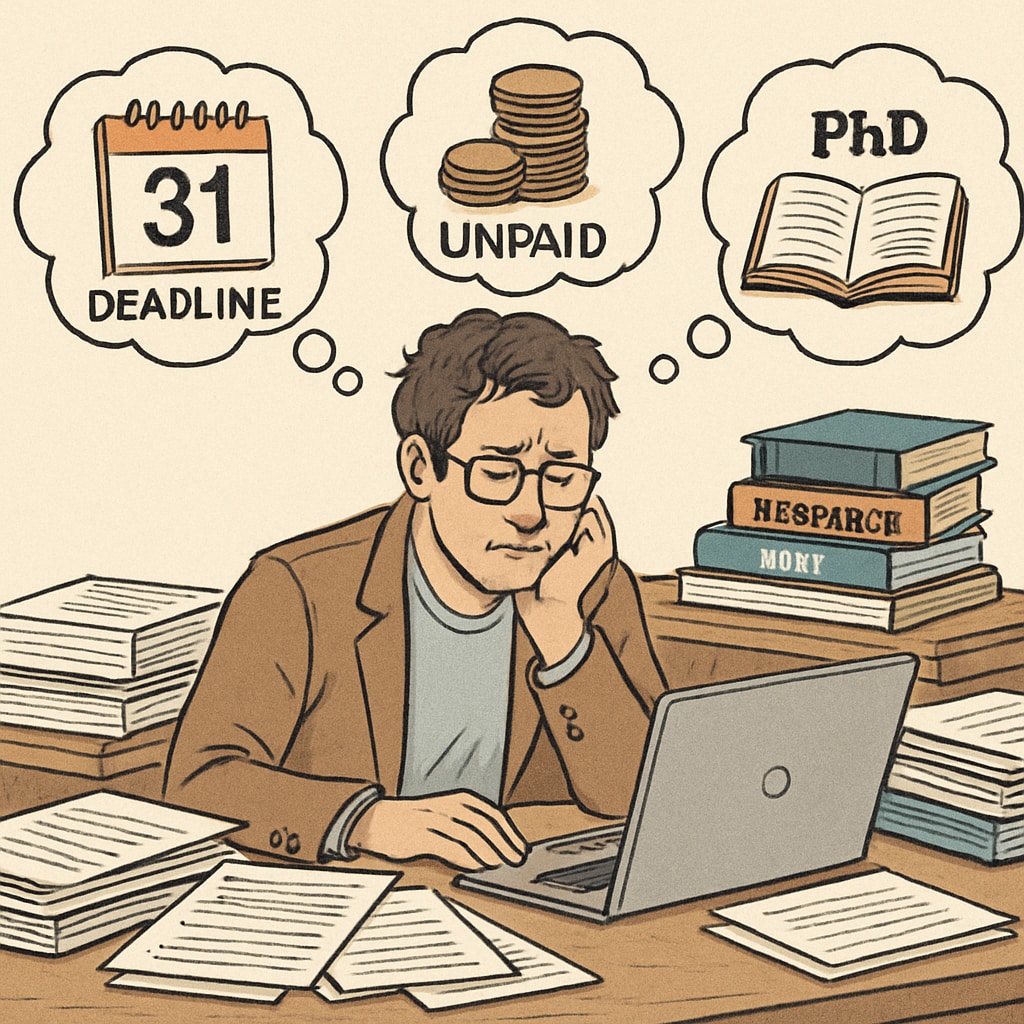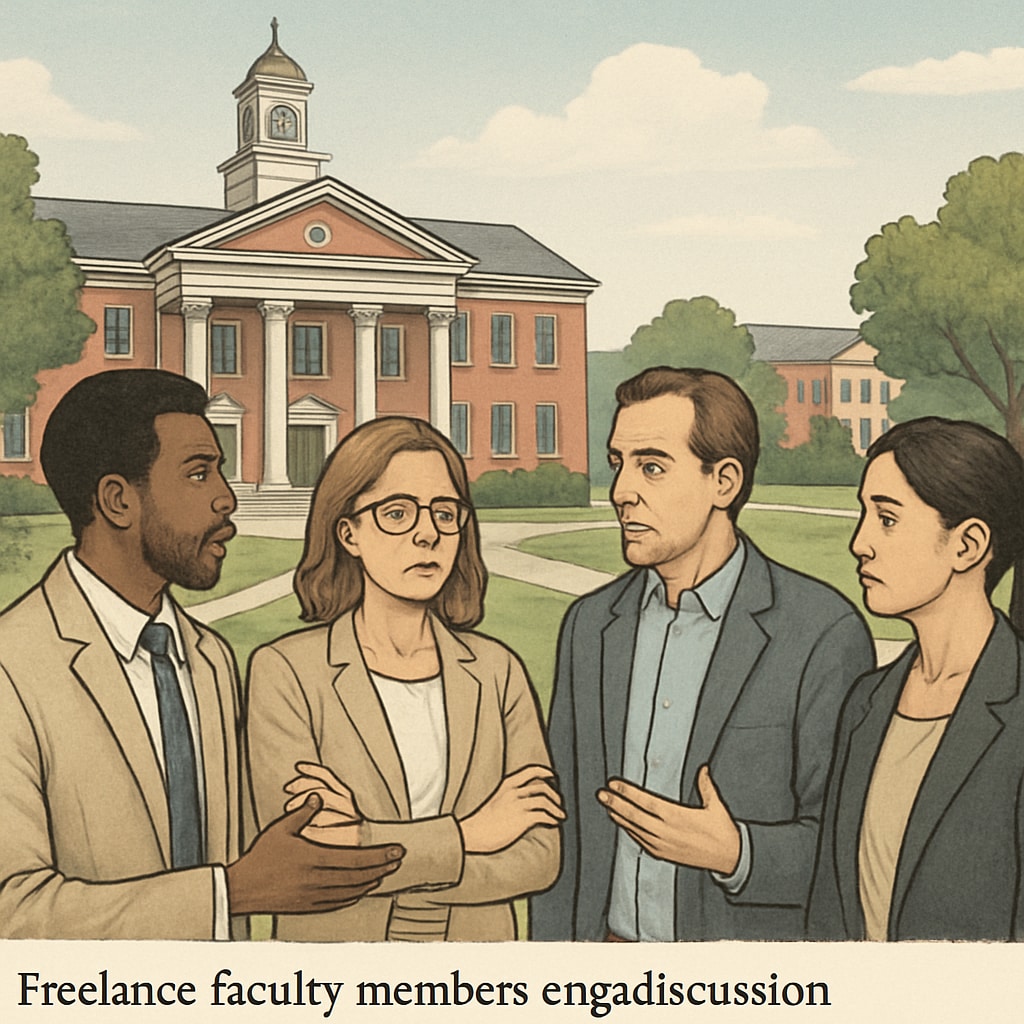Across American colleges, freelance faculty members often face unfair academic publishing pressure, with institutions demanding unpaid research contributions to fulfill AACSB (Association to Advance Collegiate Schools of Business) accreditation requirements. This practice raises serious concerns about education ethics and labor rights, creating a troubling intersection of contract exploitation and professional demands.
Unpaid Academic Contributions: A Hidden Cost for Freelance Faculty
Freelance faculty—those hired on temporary contracts without long-term benefits—have become an integral part of modern universities. However, they are often asked to produce high-quality research without receiving proportionate compensation. Colleges use these publications to meet AACSB certification standards, which prioritize an institution’s scholarly output as a key metric.
This creates a dual burden. On one hand, freelance faculty must meet the same research expectations as tenured professors, despite lacking the job security, funding, or institutional support typically provided to full-time staff. On the other hand, their academic work is used to bolster the university’s reputation without adequate recognition or payment.

Ethical Concerns in Academic Labor Practices
The reliance on freelance faculty for unpaid scholarly work brings up significant ethical questions. For example, should institutions demand research outputs from individuals who are already underpaid and lack access to critical resources? Additionally, the pressure to publish often forces these faculty members to dedicate personal time and resources, undermining their work-life balance.
Studies have shown that labor exploitation in academia disproportionately affects freelance faculty, who are often treated as disposable labor. This systemic issue not only impacts their professional development but also devalues the broader academic community by prioritizing institutional metrics over individual contributions. For further context, the concept of academic freedom is often cited as a fundamental principle that should protect educators from undue exploitation.

Addressing Labor Rights and Institutional Accountability
To resolve this conflict, universities must reevaluate their treatment of freelance faculty. Several steps can be considered:
- Provide fair compensation for research contributions, ensuring that freelance faculty are not exploited as unpaid labor.
- Offer access to institutional resources, such as grants and dedicated research time, to support their scholarly work.
- Adopt transparent policies that prioritize ethical labor practices and reduce reliance on temporary contracts.
Organizations like the National Education Association and other labor unions can play a pivotal role in advocating for these changes, ensuring that freelance faculty receive equitable treatment.
As a result, addressing these issues not only benefits freelance faculty but also strengthens the integrity of higher education systems by aligning institutional practices with ethical standards.
Readability guidance: The content uses short paragraphs, lists, and clear transitions to maintain readability. Passive voice and long sentences are minimized, while overuse of keywords is avoided for a balanced SEO strategy.


